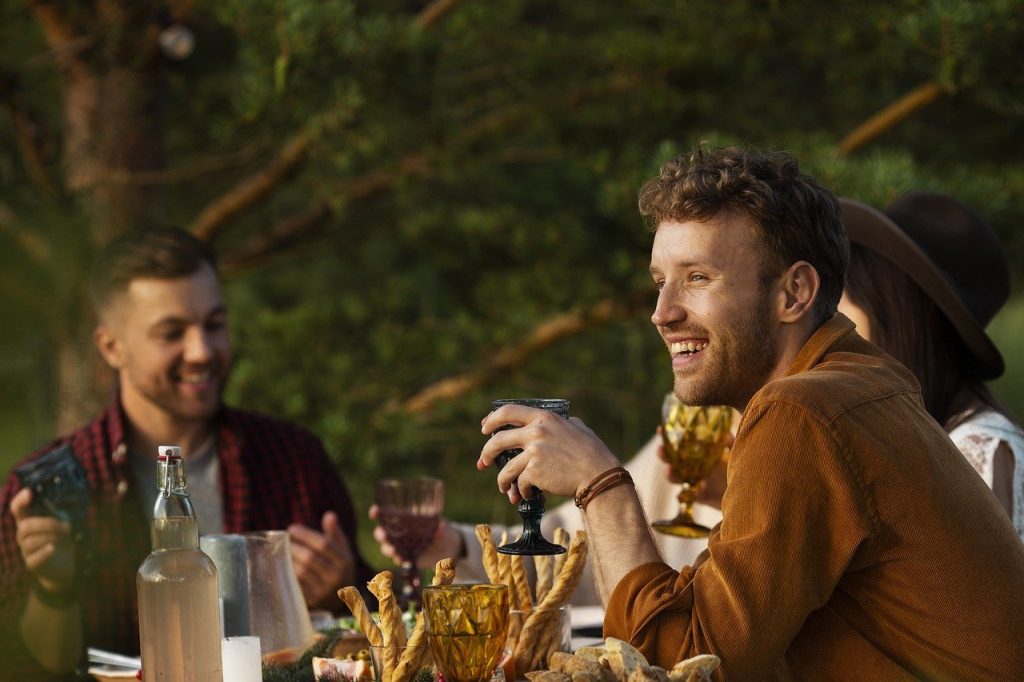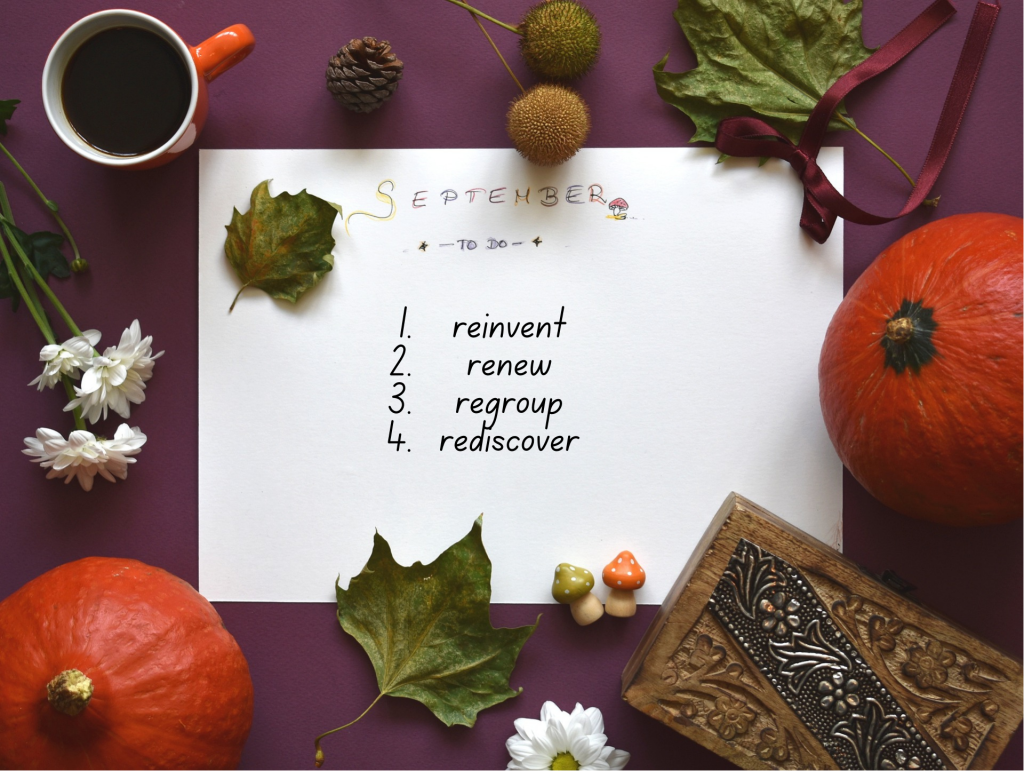Does Alcohol Make You Confident in Social Situations?

When you’re grappling with anxiety and looking to bemore confident in social situations, there’s often an uninvited guest at the party – alcohol.
You may have noticed it.
It’s that cheeky glass of wine that promises to relax you after a long day.
The craft beer that you look forward to as your ‘confidence booster’ in social settings.
The Gin & Tonic you sip on, aiming to steady your nerves.
But, what happens when the party is over? Is alcohol the friend it presents itself to be, or is it a wolf in sheep’s clothing?
Just like an overflowing pile of work, a heated family squabble, the awkward conversation you’re dreading, alcohol can silently add to your stress. It can even lead to daily hangovers, even after just one drink.
Bear in mind, the daily hangover isn’t always a pounding headache or a nauseous stomach. It can be subtle – a feeling of tiredness, irritability, brain fog, and – you guessed it – heightened anxiety. This is what experts call ‘hangxiety,’ a not-so-fun party favor.
While alcohol can initially act as a sedative and help with stress, as your body processes the alcohol, it can create a rebound effect, increasing feelings of anxiety. This can happen even with light drinking. Long-term, frequent use can even rewire our brains, causing them to become more susceptible to anxiety.
But drinking makes me confident in social situations
When it comes to confidence, the effect of alcohol is a bit tricky. Yes, it may give you confdence in social situations initially, acting as liquid courage. But here’s the kicker: it’s short-lived and superficial.
When alcohol becomes your go-to social lubricant, you’re essentially putting a plaster on a deep-seated issue. It masks your social anxiety, but doesn’t address it. This can lead to a vicious cycle: feeling anxious, drinking to quell the anxiety, then feeling more anxious as the effects of alcohol wear off.
What to do about your uninvited party guest.
Let’s take a page from the ‘brain dump‘ strategy.
Apply this to your relationship with alcohol.
Let’s call it a ‘drink dump’.
Get a piece of paper, a pen, or your device of choice. Dump your thoughts, feelings, and experiences with alcohol onto the paper. Write about that time you felt more anxious after drinking, the time you relied on alcohol for social confidence, the guilt, the hangxiety. Everything.
Free-flow. Reflect. Be brutally honest. Don’t hold back.
You may realize you’re giving alcohol more power than it deserves, or perhaps, you’re using it as a crutch. Or none of the above. That’s okay.
The mere act of facing up to your relationship with alcohol will shed light on how it may be impacting your anxiety and confidence. And that’s a huge step towards managing it.
Make a pact with yourself. Next time you’re at a social gathering, decide beforehand how many drinks you’ll have and stick to it. Or, even better, try attending an event sober and observe your feelings and interactions.
Why not also check out some alcohol free alternatives. These have much improved lately, and even become quite trendy and cool.
What else can I do to feel more confident in social situations?
You can also talk to a trusted friend, a therapist, or a support group. You’re not alone in this journey. Sharing your experiences and hearing others’ can provide valuable insights and strategies.
Remember, this is not about quitting alcohol altogether or demonizing it. It’s about understanding its role in your life, especially regarding your anxiety and confidence.
Awareness is power. Let this alcohol awareness week be the time when you reevaluate your relationship with alcohol.
It’s worth it.

